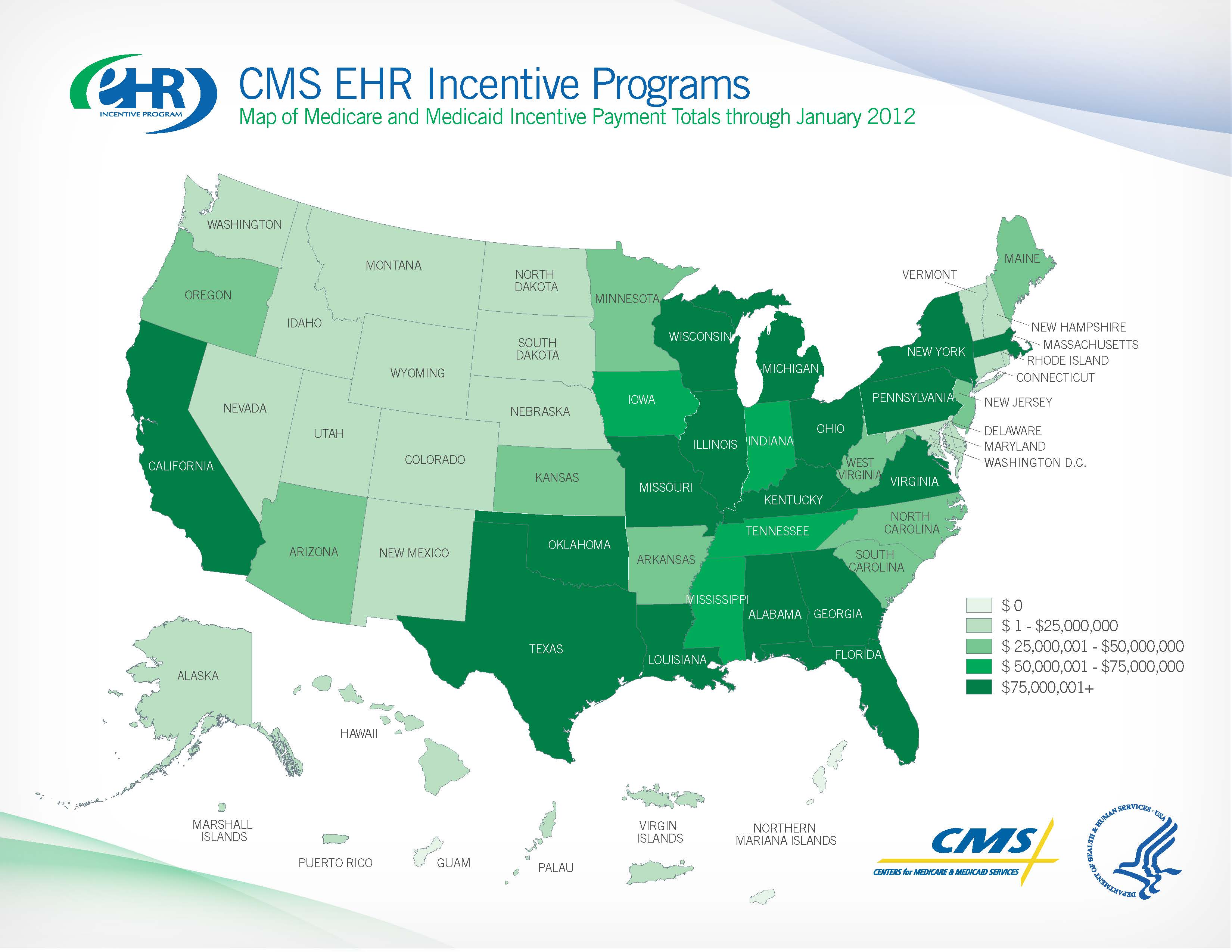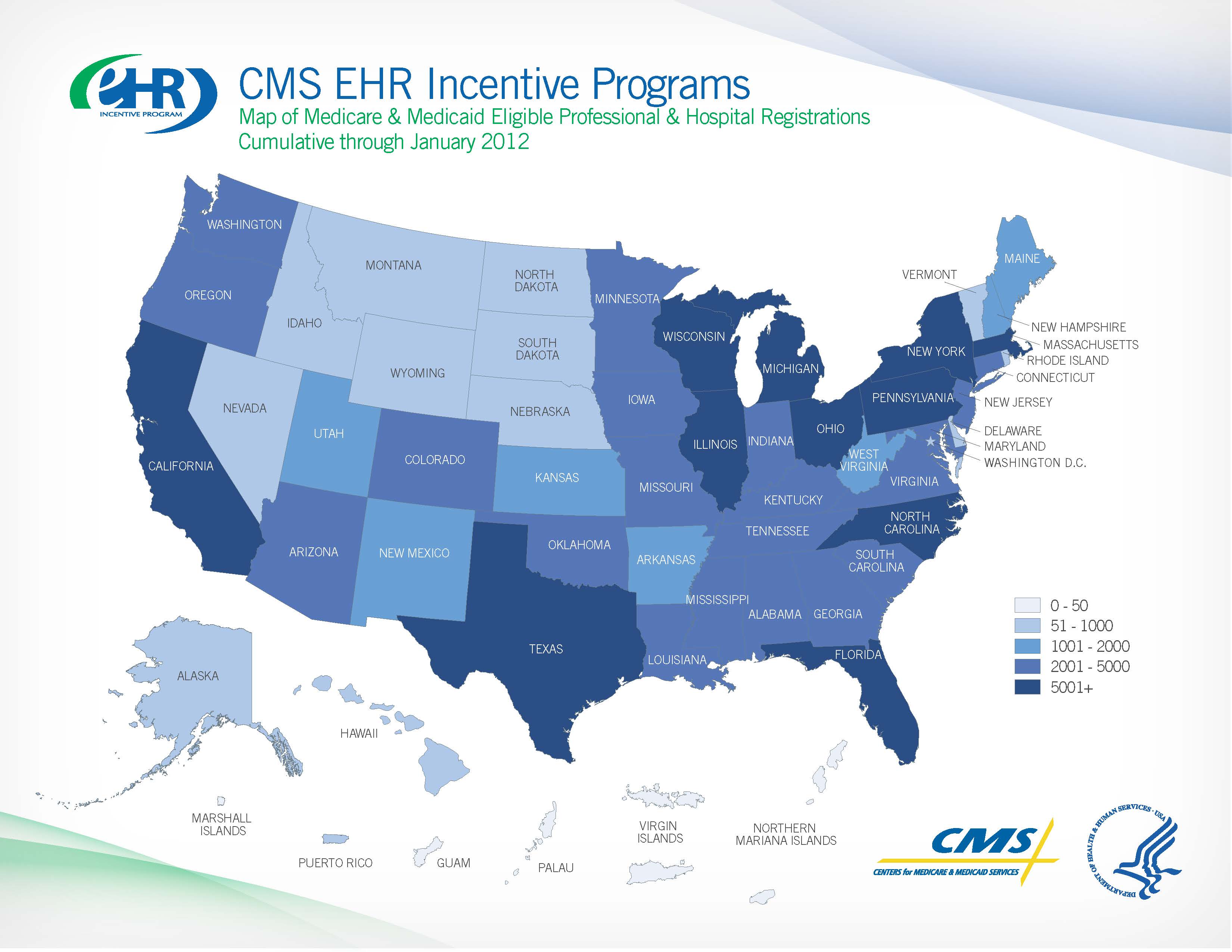A generally good--and short--introduction to/overview of the HITECH Act, the law that's using a series of carrots to push doctors and hospitals toward using electronic health records and to help states develop the information pathways needed to move those records between providers in the state: "Transition to electronic medical records gradually taking hold"
The $19 billion medical records law which pays doctors to switch to an electronic system or upgrade one theyre already using is having an impact on the entire health care industry. And small primary care practices that treat Medicaid patients are no exception.
As of last week, the U.S. Department of Health and Human Services reported, more than 100,000 primary care doctors across the country had taken advantage of federal incentives to adopt a certified electronic medical record system. Half of the doctors were members of small practices that serve Medicaid and Medicare patients, and the rest worked in community health centers, public hospitals, rural health clinics and other public settings.
In the meantime, states are developing what is known as a health information exchange that will allow doctors who convert to electronic systems to access patient records within the state through secure portals, and ultimately transfer records across the country.
In general, states are setting their own schedules for developing in-state networks and going national. South Carolina, for example, is already connecting doctors to a national health exchange, though its statewide network is not fully implemented.
In addition to primary care doctors, Alabamas regional extension team is helping independent pharmacies, small laboratories, and public clinics and hospitals get electronic health systems up and running. Rural providers may not be ahead of the curve, says Dr. Daniel Roach III, Alabamas state health information coordinator. But they won't be left behind.



